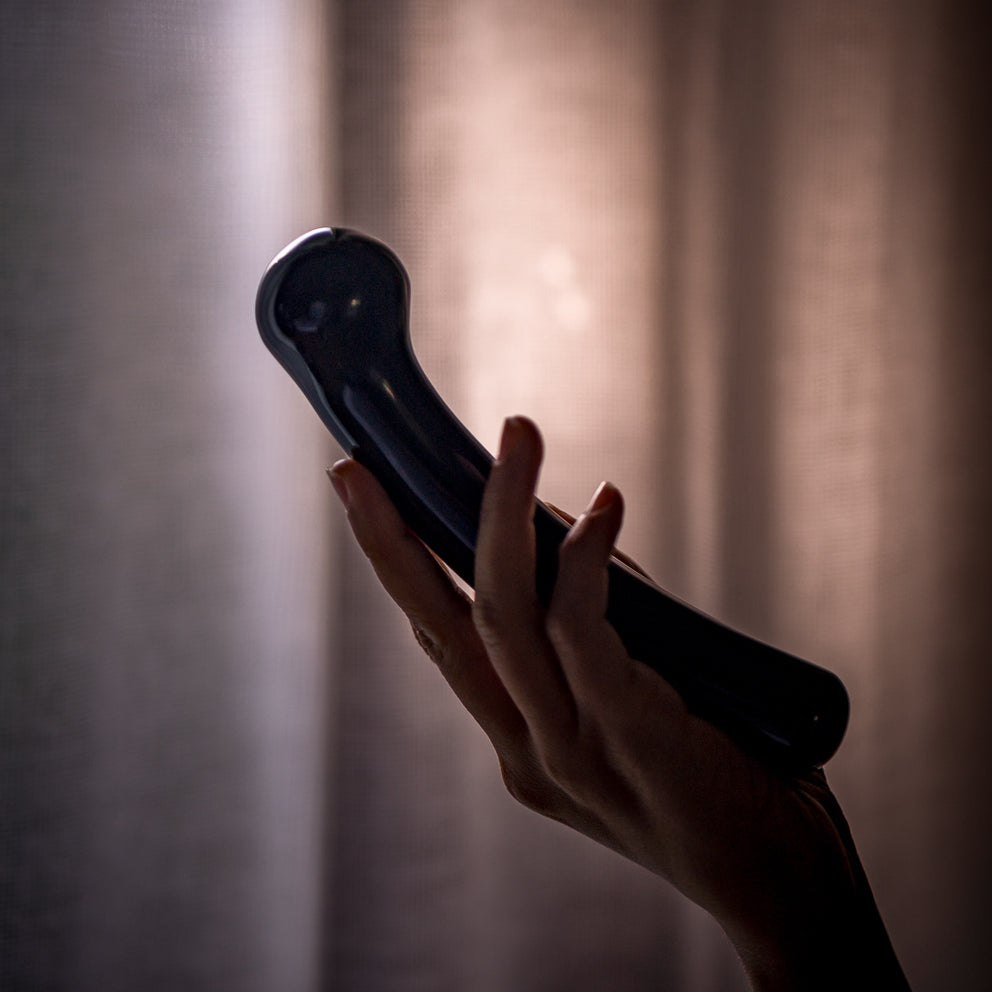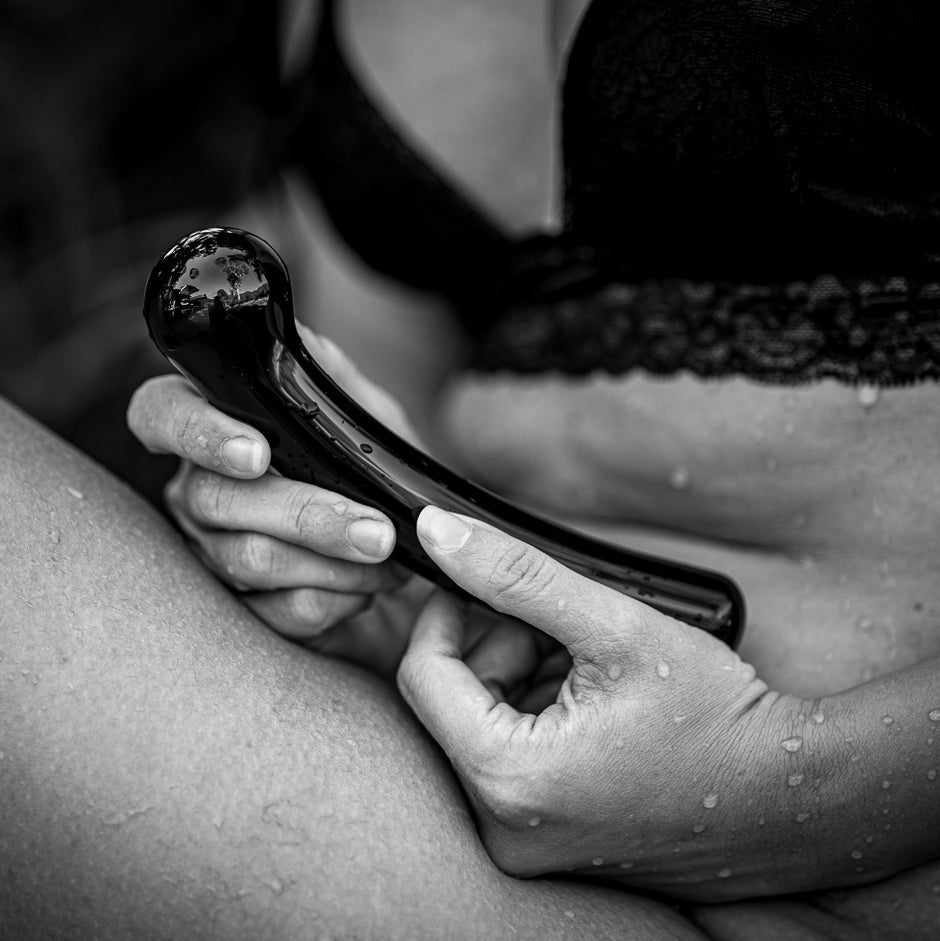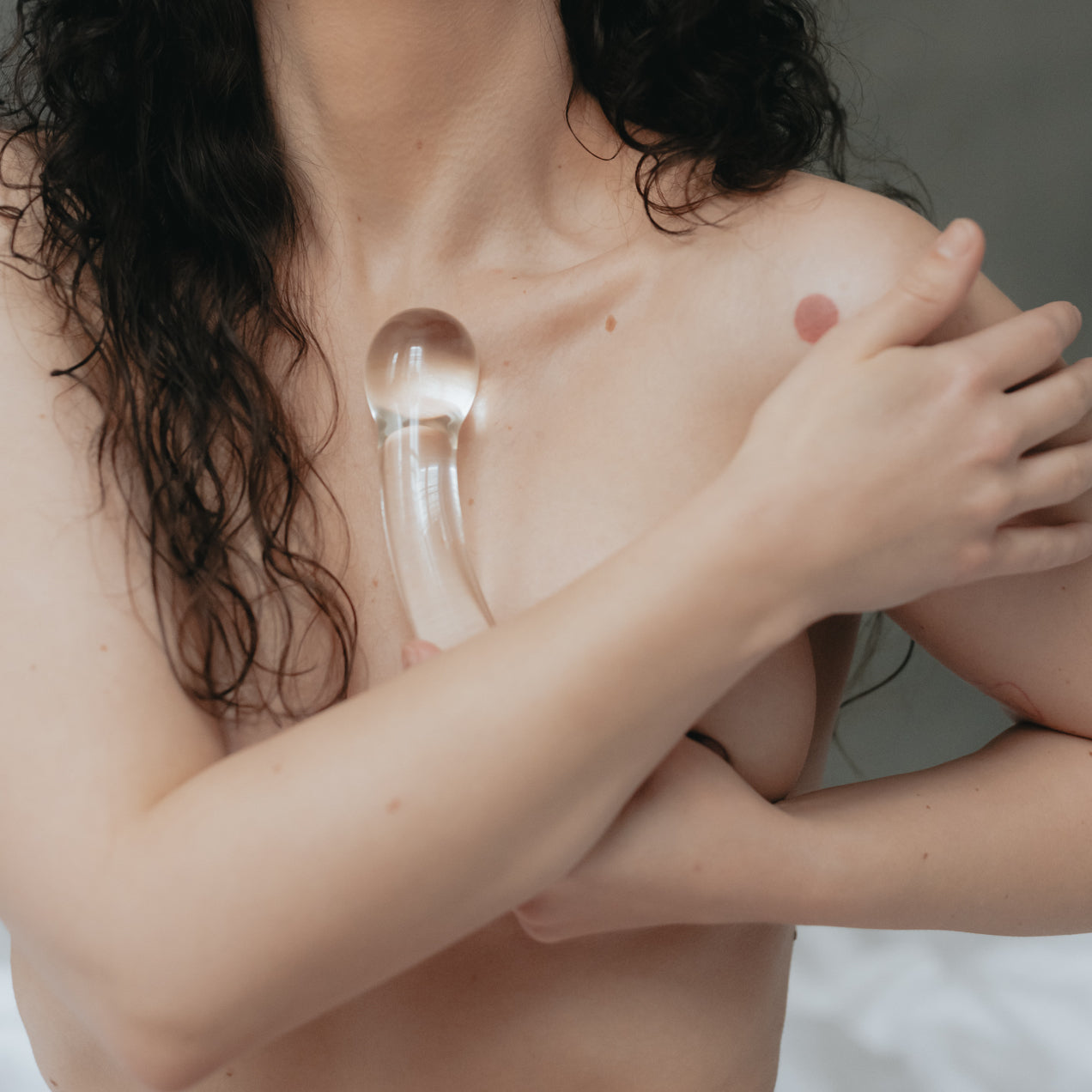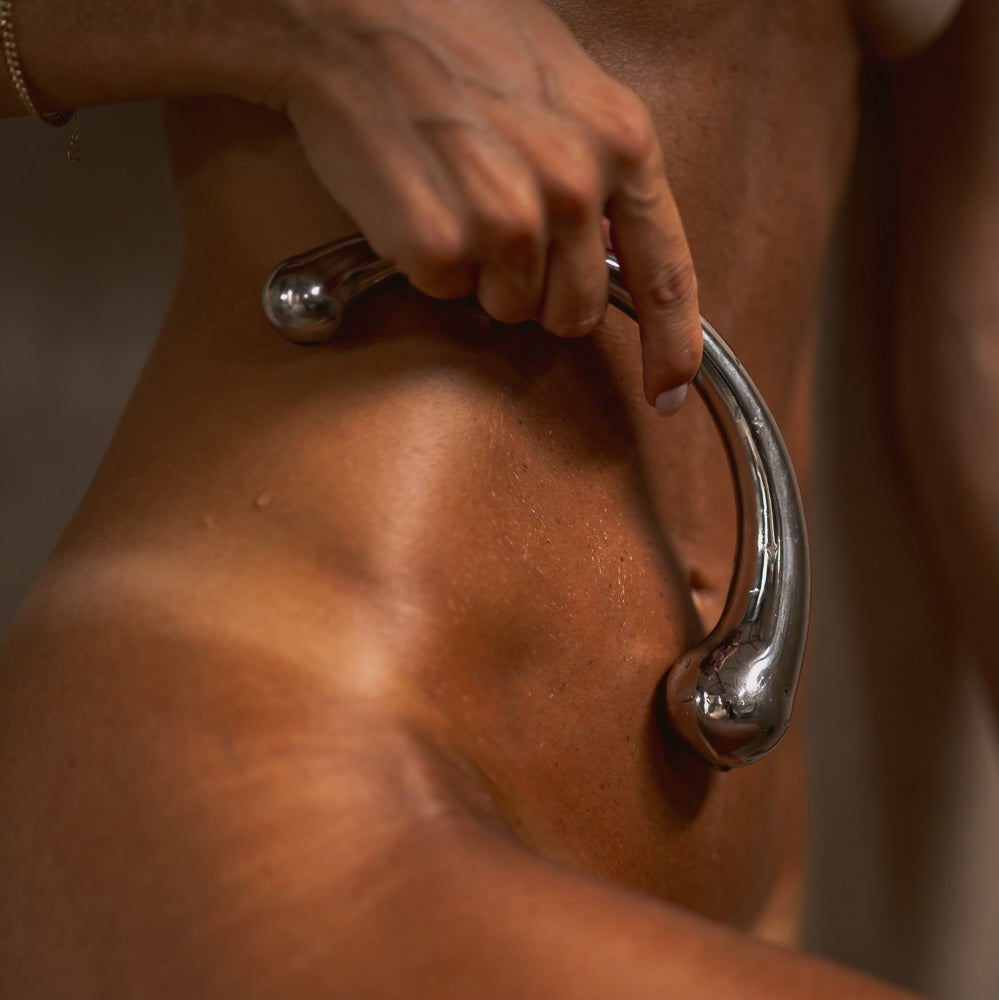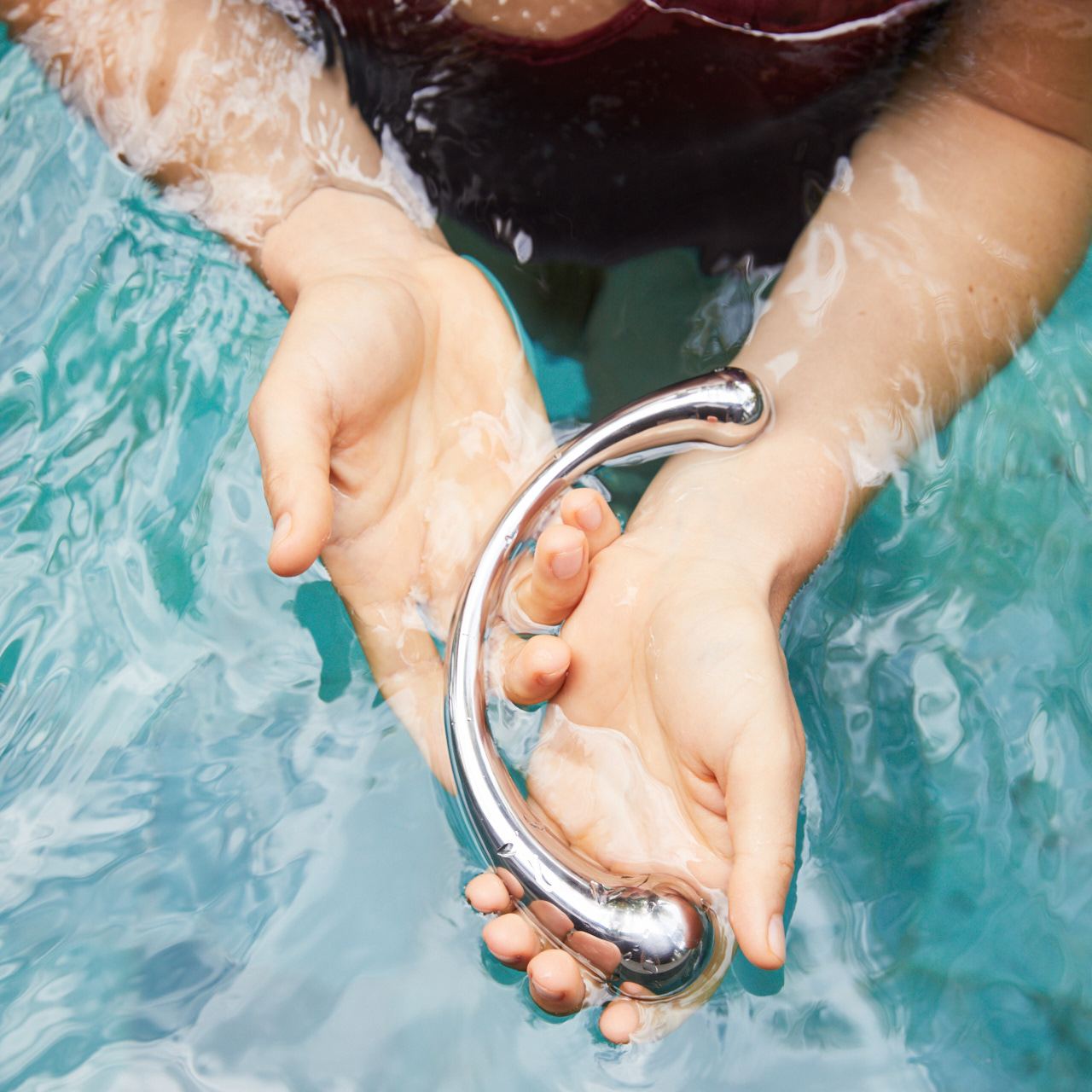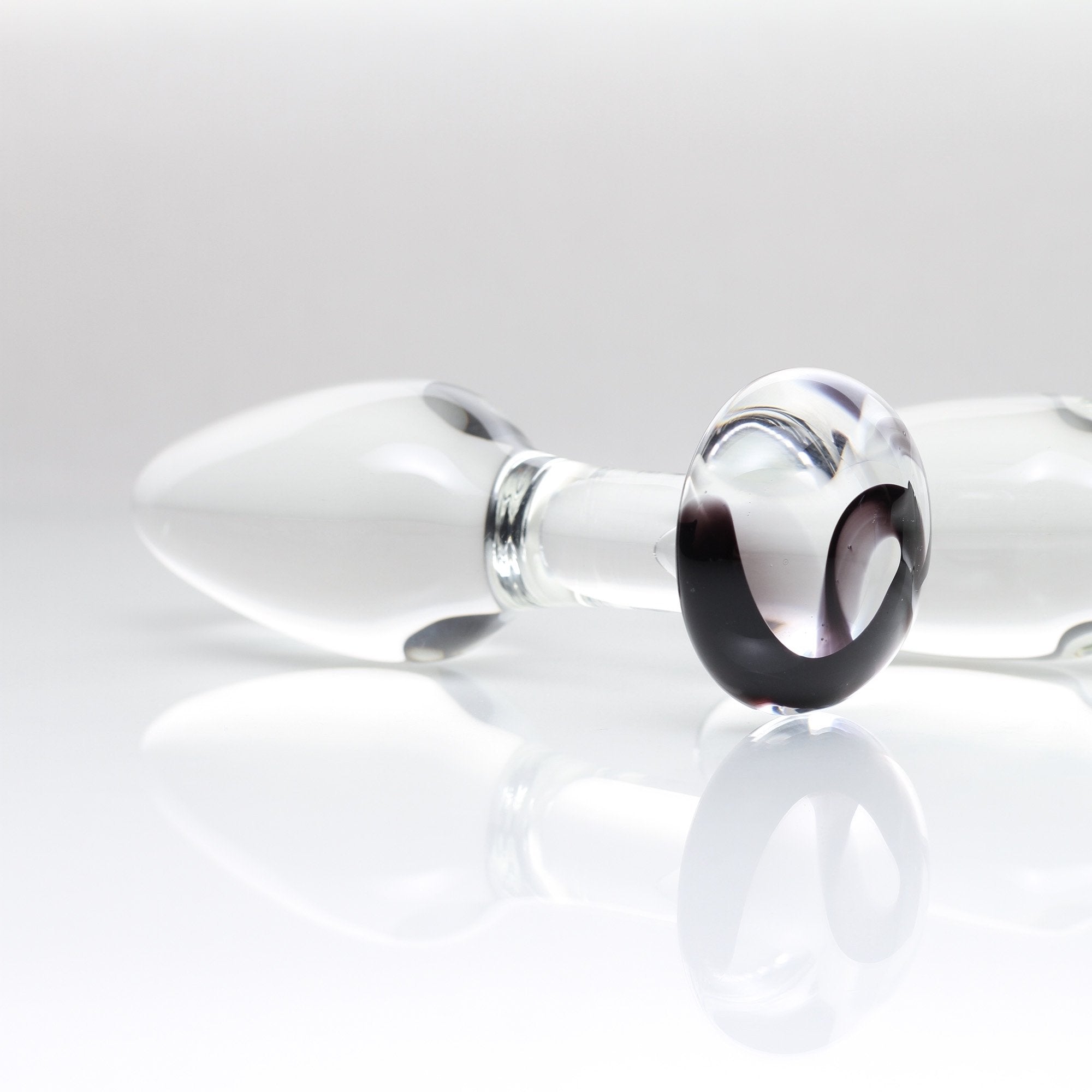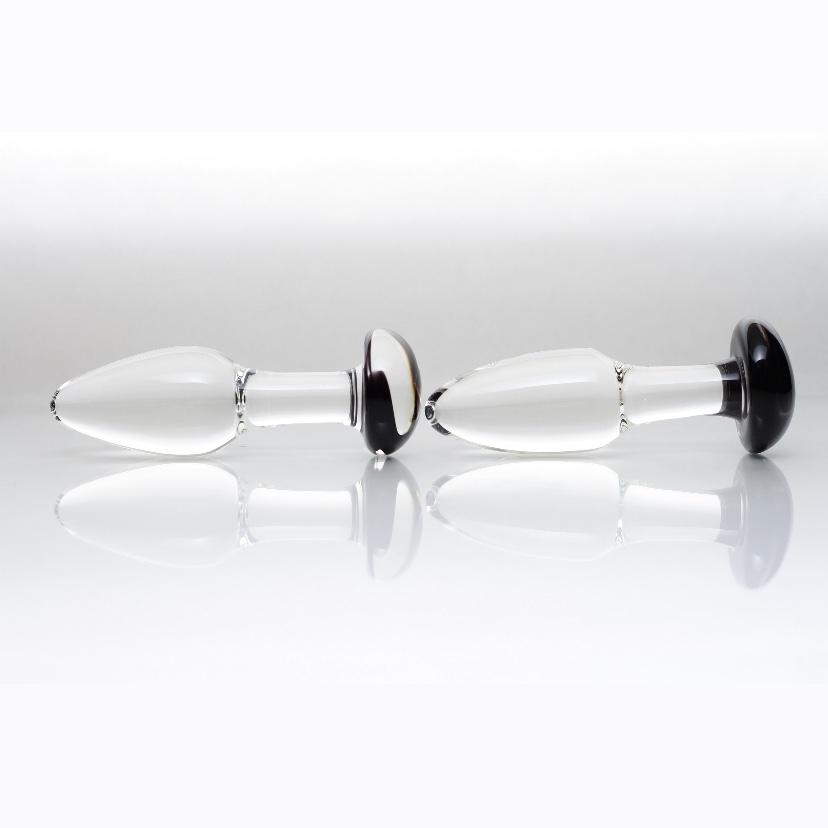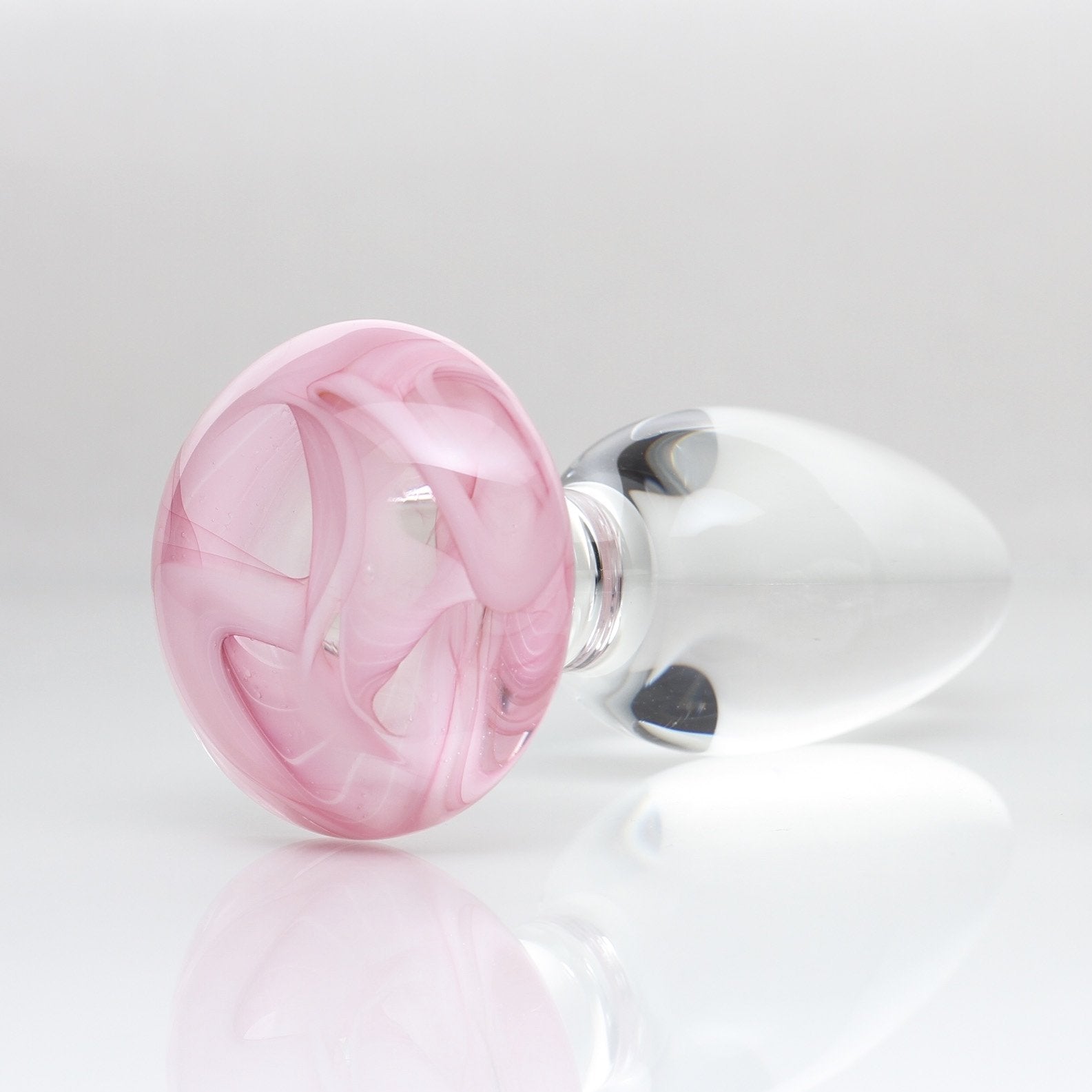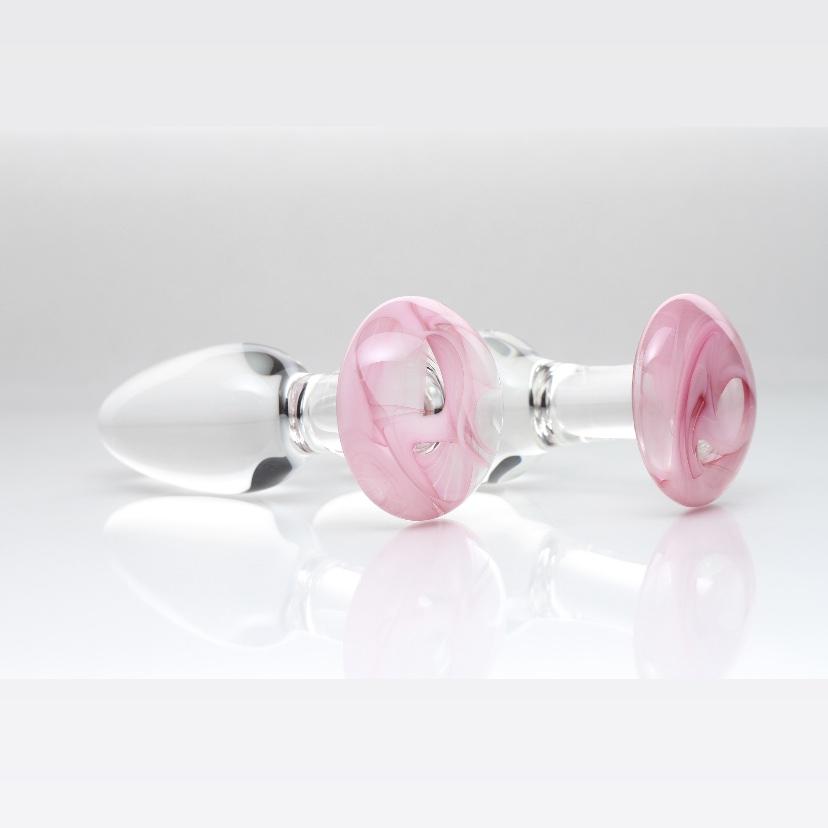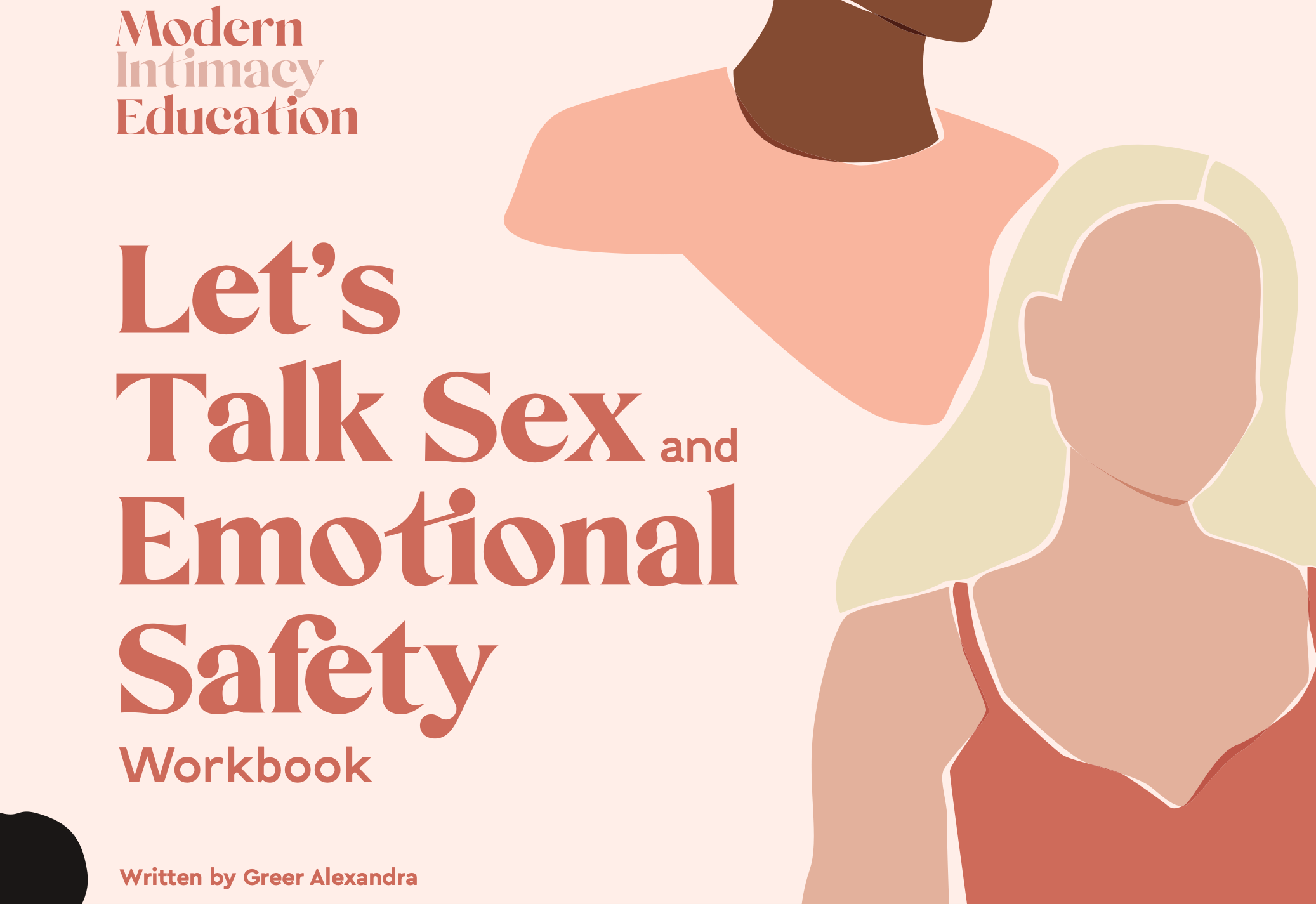
Emotional Safety and Sex with Greer Alexandra

Greer Alexandra is a qualified trauma-informed counsellor, mental health educator and founder of Modern Intimacy Education based in Adelaide, South Australia. Greer brings a therapeutic approach to sex education by bringing awareness to the importance of Emotional Safety.
TELL US ABOUT YOURSELF AND WHAT YOU DO.
I live in Adelaide, South Australia. I am a qualified Counsellor and Educator, my passion and my niche is Sex Education, with the main Focus on educating on the Importance of Emotional Safety. I also have a passion for Mental Health, and I work for a disability organisation where I present workshops on Mental Health Awareness to Workers in Disability. In my spare time, I volunteer at a youth foundation, and I love to keep up with my professional development. I am currently studying Somatic Attachment Therapy.
WHAT MADE YOU FOCUS ON THE TOPIC OF EMOTIONAL SAFETY AS PART OF SEX ED??
The main reason I focused on the Topic of Emotional Safety was that it was something that I really felt was lacking from my own Sexual Education growing up. There was so much emphasis on using condoms, STI’s and not having sex too young, but there was no education about feeling safe, knowing how to communicate in a sexual situation. or even knowledge around consent and setting boundaries. It took me a while to realise that what I was missing was education on Emotional Safety. Once I realised that was what was missing for me, I knew it must have also been missing for others. I then felt the need to study, write and talk about it. That’s when I started studying counselling and sex education, and then I started Modern Intimacy Education.
HOW DO YOU DEFINE EMOTIONAL SAFETY??
Emotional Safety is feeling a sense of ease and safety with another to reveal your true feelings, thoughts, and ideas. Emotional safety involves the ability to express yourself without fear of being told to be, behave, or feel differently. Emotional safety and mutual respect go hand in hand. For a relationship to feel and continue to feel safe for both people, it requires a certain amount of Emotional Safety.
WHY IS EMOTIONAL SAFETY AS IMPORTANT AS PHYSICAL SAFETY??
Emotional Safety affects our mental health more than we know. If we neglect our Emotional Safety, (not speaking up, doing things we do not want to do, not listening to ourselves, dismissing our feelings) our mental health and sense of self will suffer. I don’t think people understand the risks of not being Emotionally Safe when it comes to sex. Whilst we know the physical symptoms/risks of not being physically safe, knowing the symptoms and risks of not being emotionally safe is just as important and crucial.
YOU CREATED A SEX-ED WORKBOOK THAT COVERS THE TOPIC OF EMOTIONAL SAFETY. CAN YOU TELL US MORE ABOUT THIS WORKBOOK AND WHO IT IS FOR??
I created a workbook called Sex & Emotional Safety originally for a younger audience e.g. (teenagers learning about safe sex ), but while the workbook is targeted at students and young adults, it is also perfect for anyone who wants to learn more about Emotional Safety. This workbook will be helpful to people in a relationship, single people, or parents/ guardians of teens who want to start a conversation about Safe Sex and the importance of Emotional Safety in the Modern Era. It has also been helpful to fellow counsellors who like to go through the workbook with their clients.
The workbook covers:
• Emotional Safety and how it relates to sexual encounters.
• Cultivating Emotional Safety with yourself and others.
• Detailed information on the Emotional Safety Stages:
Pre-Care, During Care & After Care.
• Sexual Boundary Setting & Sexual Violence information and resources.
• Sexual Health resources included.
• This workbook is LGBTQI+ friendly, inclusive, and trauma informed.
The workbook is filled with modern illustrations and artwork with bold yet soft colours. Most sex ed books I remember from school were never that appealing or modern, and it was important to me that not only did the workbook have helpful information, but it was a workbook you wanted to pick up and read.
The main aim of this workbook is to give the reader the confidence to make decisions based on their feelings and readiness for a sexual encounter compared to information that may filter in from peer pressure and social expectations.
(The workbook is available on my website in the E-book version, or you can purchase a hard copy, but unfortunately, we can only post within Australia at the moment).
GET A FREE CHAPTER OF THE WORKBOOK HERE
WHY DO YOU THINK THAT EMOTIONAL SAFETY IS SOMETHING RARELY TALKED ABOUT AND ALSO SOMETHING MANY PEOPLE HAVE BEEN NEGLECTING??
It really reminds me of the mental health stigma. There is still a stigma around talking about sex and all the complexities. I feel that people can shy away from the term emotional safety because it contains the word emotion in the term. I feel some people still see sex as just an act instead of seeing sex as a physical act that also includes and can affect our feelings and emotions. People may neglect their emotional safety because there hasn’t been enough information or education on the topic. I do believe people are understanding the importance of emotional safety more and more, but I do not think its mainstream yet, but I am really hoping it will be soon.
WHAT IS HEALTHY VULNERABILITY IN A RELATIONSHIP??
In a relationship, healthy vulnerability looks like a person opening up to their partner about what matters to them. It's feeling secure to bring up the sometimes-tough talks that will help you both feel safe in your relationship.
I HAVE SEEN A COUPLE OF POSTS OF YOURS TALKING ABOUT DISCERNMENT AROUND "INSTAGRAM THERAPY" AND THE DARK SIDE OF THE ONLINE COACHING INDUSTRY. ANYONE CAN POSE AS A COACH AND EXPERT ON IG THESE DAYS. I PERSONALLY FIND A LOT OF THE ACCOUNTS ESPECIALLY IN THE SPACE OF SEX ED, SEX COACHING, AND DATING COACHING DEEPLY DISCONCERTING. MANY OF THEM KEEP REGURGITATING THE SAME OLD MYTHS AND JUST COPYING CONTENT FROM OTHER ACCOUNTS. WHAT WOULD BE YOUR TIPS ON HOW TO BE MORE DISCERNING AND MINDFUL AROUND CONSUMING THIS KIND OF CONTENT?
I agree with all you have said. Yes, I have recently been very fascinated by this happening all over social media. It is quite alarming, really. It can make it really hard for people to trust what they see online and to trust people. I have a few tips that I make sure to follow when looking to follow a therapist or a coach online.
1. Do not be dazzled by followers they may have – People can buy followers very easily, and just because someone has a large following, it doesn’t always mean that their information will be helpful to you or even resonate with you.
2. Look at what people call themselves in their Insta BIO if it is something that is too fantastic or too over the top for, e.g: Trauma specialist/Expert, Sexuality guru. Have a look at their website and question why they may give themselves those certain titles, is it years of study? Is it years of work in that field? Does it match up? Does it sit right with you? Make sure there is evidence backing up their claims.
3. Pretty websites are great, and I love a pretty Instagram aesthetic. When it comes to therapy/coaching/healing, the qualifications are more important despite the pretty photos and the pretty aesthetic. Are their qualifications easily found on their Instagram or their website? If you ask them for their qualifications, do they happily show them to you? A lot of coaches have a big backstory/personal story to pull you in and this can be an important part of marketing and connecting with the right people but just because someone has a story that resonates with you, does not mean they have the qualifications to match.
4. Be so picky with what therapy information you choose to read online. So picky that you only have a few great therapy content in your feed that you resonate with!
WHAT IS YOUR BEST TIP ON DEEPENING INTIMACY BETWEEN A COUPLE? ANY SIMPLE PRACTICE YOU WOULD RECOMMEND?
My biggest tip is learning each other’s communication styles, especially when it comes to communicating boundaries around intimacy. Building strength in boundary setting can deepen the feeling of safety, which in turn deepens intimacy.
One underrated simple practice with deepening intimacy is carving out time to just kiss. Setting aside 10 mins to just kiss with no expectation of the kiss turning into a sexual encounter. Kissing can be so enjoyable. This may transport you back to a time when you were younger, when kissing was the only intimacy you were ready for. Tune into how it feels to just kiss and not to move into anything sexual.
After what you feel has been 10 mins. Ask each other a few questions:
How did it feel just to kiss?
Was it unusual for kissing to not lead into something sexual between the both of you?
How did it feel to have no expectation of going further?
Honestly state if you feel like being sexual now or if the 10 mins of kissing were just enough for you.
This brings mindfulness to your intimate practice and opens up more conversation around each other’s preferences.
IF YOU COULD GIVE JUST ONE PIECE OF ADVICE TO WOMEN ON SEX AND DESIRE, WHAT WOULD IT BE?
Research, explore and try not to be hung up on one idea of what sex and desire mean to you. Be open to having your mind changed at different parts of your life.
WHERE CAN WE FIND YOUR SERVICES AND CONTENT?
I am most active on Instagram @modernintimacy_education. I offer updates on my offerings and sell my workbook via my website www.modernintimacyeducation.com.
If anyone has any further questions, please don’t hesitate to reach out to me on Instagram or through my website!






